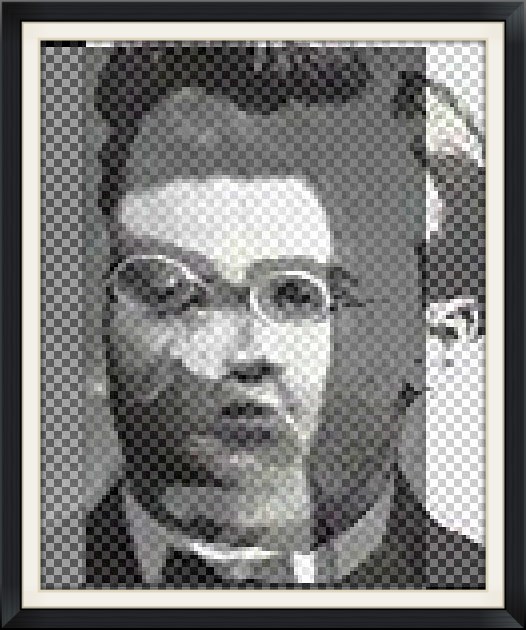Although empathy is considered to be at the heart of several crucial sectors – from product development to customer service, including also leadership, failing to recognise its limits can impair individual and organisational performance.
As Adam Waytz brilliantly describes in its article there are three main problems you can run into when dealing with empathy, and luckily three valid recommendations for getting around them.
Problem #1: It’s exhausting
Being an heavy-duty cognitive task empathy depletes our mental resources.
Several studies on health and human professionals, as well as those who work for charities and other non profits, show that empathy is exhausting, in any role in which it’s a primary aspect of the job.
Problem #2: It’s zero-sum
Empathy doesn’t just drain energy and cognitive resources – it also depletes itself.
The more empathy we devote to one aspect of our life, for example our job, the less is left for others (family for instance). Moreover the zero-sum problem leads to another type of trade off: empathy toward insiders – people in our team or organisation- can limit our capacity to empathise with people outside our circles.
Problem #3: It can erode ethics
Empathy can cause lapses in ethical judgment. Extreme loyalty toward insiders may push us to take their interests as our own and to overlook transgressions, or even worse to behave badly ourselves. With actions like cheating or stealing to benefit those in the immediate circle people put empathy for a few before justice for all.
So how to rein in a land of excessive empathy?
As a manager there are a number of things you can do to mitigate these problems.
1. Split up the work
2. Make it less of a sacrifice
3. Give people breaks
Despite its limitations, empathy is essential at work.Understanding and responding to the needs, interests and desires of human beings involves some of the hardest work of all. Managers shouldlook for ways to give employees breaks,Encourage individuals to take time to focus on their interests alone. When people feel restored they’re better able to perform the demanding task of listening to what others need.

Image source: Flickr – AleKsa MX (CC-BY 2.0)
Image source: https://locallocale.wordpress.com/2013/04/24/empathy-schmimpathy-why-bother-nathan-mctague-empathy-parenting-advice/










Recent Comments